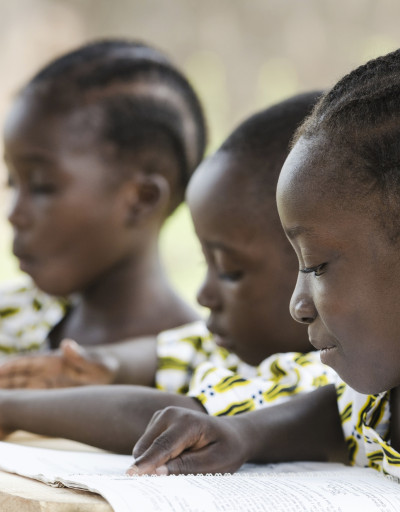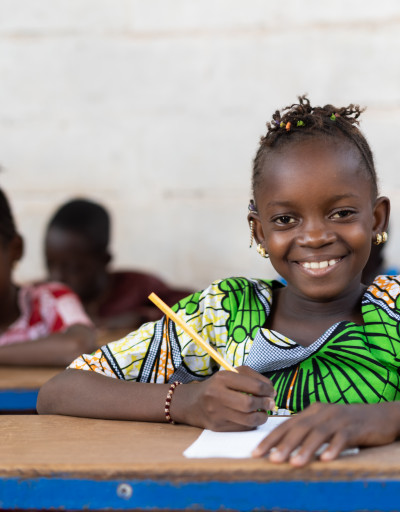
International Day of the Girl Child
On December 19, 2011, United Nations General Assembly adopted Resolution 66/170 declaring October 11 as the International Day of the Girl Child, to recognize girls’ rights and the unique challenges girls face around the world.
The International Day of the Girl Child focuses attention on the need to address the challenges girls face and to promote girls’ empowerment and the fulfilment of their human rights.
Adolescent girls have the right to a safe, educated, and healthy life, not only during these critical formative years, but also as they mature into women. If effectively supported during the adolescent years, girls have the potential to change the world – both as the empowered girls of today and as tomorrow’s workers, entrepreneurs, mentors, household heads, political leaders and mothers. An investment in realising the power of adolescent girls upholds their rights today and promises a more equitable and prosperous future, one in which half of humanity is an equal partner in solving the problems of climate change, political conflict, economic growth, disease prevention, and global sustainability.



Celebrations in 2022
Ten years since the first International Day of the Girl, we are celebrating changemakers and girls standing up for their education and their rights. Despite progress made, girls continue to face challenges to their education and COVID-19 has worsened existing burdens on girls.
Yet, empowered with skills and opportunities, changemakers around the world have shown resourcefulness and resilience, and are driving progress in their communities and building more equal societies. It is time for us all to stand accountable – with and for girls – and to invest in their education, and their future.

